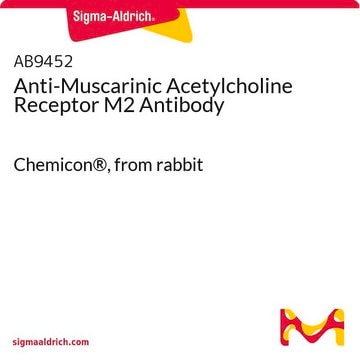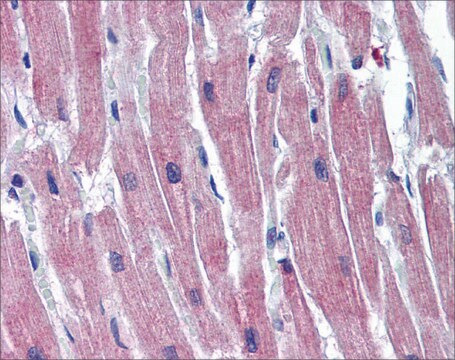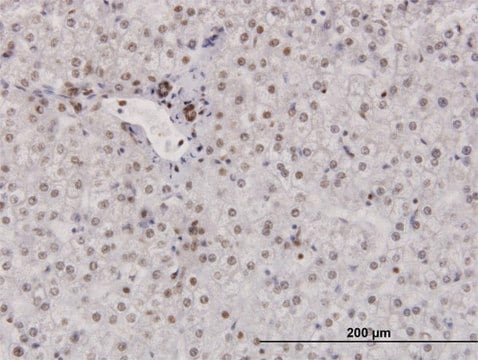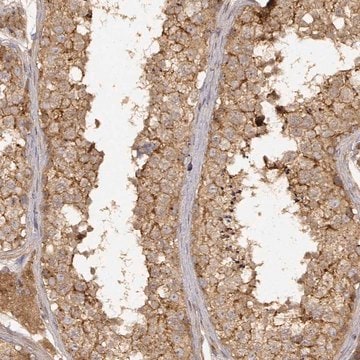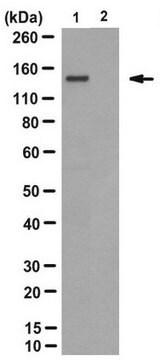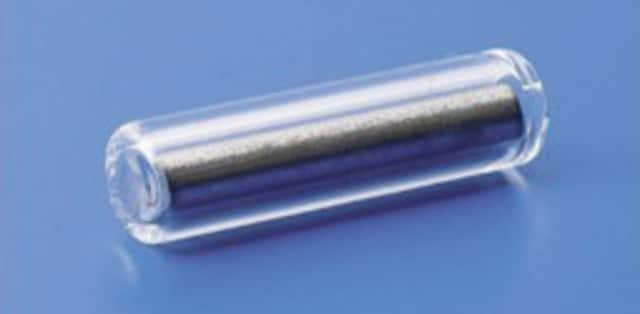SAB2702160
Monoclonal Anti-RPA2 antibody produced in mouse
Synonym(s):
REPA2, RPA32
About This Item
IF
IP
monoclonal
immunofluorescence: suitable
immunoprecipitation (IP): suitable
Recommended Products
biological source
mouse
Quality Level
conjugate
unconjugated
antibody form
purified immunoglobulin
antibody product type
primary antibodies
clone
12F3.3
monoclonal
form
liquid
mol wt
32 kDa
species reactivity
human, mouse
concentration
1 mg/mL
technique(s)
immunocytochemistry: suitable
immunofluorescence: suitable
immunoprecipitation (IP): suitable
isotype
IgG2a
UniProt accession no.
shipped in
wet ice
storage temp.
−20°C
target post-translational modification
unmodified
Gene Information
human ... RPA2(6118)
General description
Immunogen
Application
Biochem/physiol Actions
Features and Benefits
Physical form
Disclaimer
Not finding the right product?
Try our Product Selector Tool.
Storage Class Code
10 - Combustible liquids
Flash Point(F)
Not applicable
Flash Point(C)
Not applicable
Choose from one of the most recent versions:
Certificates of Analysis (COA)
Don't see the Right Version?
If you require a particular version, you can look up a specific certificate by the Lot or Batch number.
Already Own This Product?
Find documentation for the products that you have recently purchased in the Document Library.
Our team of scientists has experience in all areas of research including Life Science, Material Science, Chemical Synthesis, Chromatography, Analytical and many others.
Contact Technical Service


